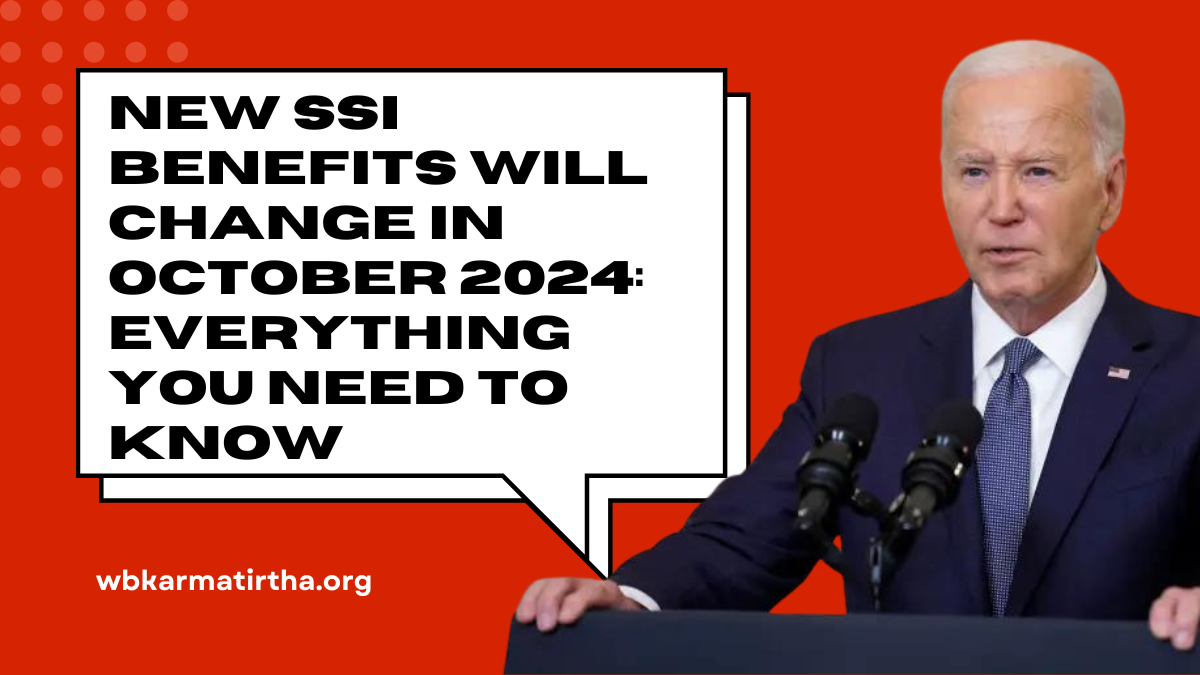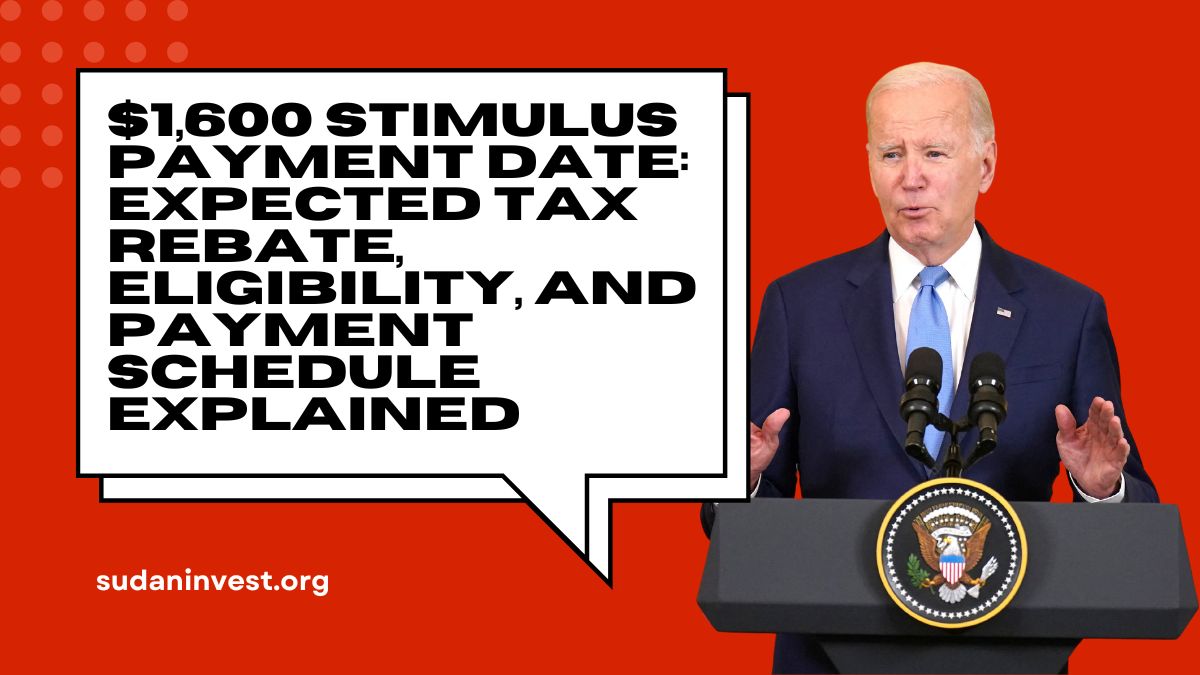Social Security is a crucial financial safety net for millions of Americans, providing retirement, disability, and survivor benefits.
However, eligibility for these benefits is not automatic. To qualify for Social Security retirement benefits, you need to accumulate at least 40 Social Security credits during your working years.
But what happens if you don’t meet this threshold? In this article, we’ll explore the consequences, exceptions, and alternatives available if you fall short of the required 40 credits.
How Social Security Credits Work

Social Security credits are the fundamental unit that determines your eligibility for benefits. You earn these credits by working and paying Social Security taxes (FICA taxes).
As of 2024, one credit is earned for every $1,730 of wages or self-employment income, with a maximum of four credits obtainable per year. Therefore, to earn the maximum four credits in a year, you must make at least $6,920.
Do You Need 10 Years of Work to Get 40 Credits?
In most cases, yes. Since you can earn only four credits per year, it typically takes 10 years of work to accumulate 40 credits. However, these credits do not need to be earned consecutively, nor do you have to work for a full 10 years.
Credits are earned based solely on income, so as soon as you reach the earnings threshold for a credit, you accumulate it. For example, even if you earn $6,920 over the course of just a few months, you’ll still get your full four credits for that year.
What Happens If You Don’t Have 40 Credits?
If you don’t have 40 Social Security credits, you will not be eligible to receive retirement benefits. Unfortunately, this rule is firm, and even falling short by one credit will disqualify you.
However, it’s essential to remember that these credits don’t expire. You can continue working until you have enough credits, even if that means working past traditional retirement age.
Exceptions and Alternatives:
- Spousal Benefits: If you don’t qualify for your own Social Security benefits, you might still be eligible for spousal benefits. This applies if your spouse qualifies for Social Security and you are at least 62 years old. Spousal benefits can provide up to 50% of your spouse’s retirement benefits.
- Disability Benefits with Fewer Credits: In some cases, you may qualify for Social Security Disability Insurance (SSDI) even if you have fewer than 40 credits. The number of credits required for SSDI depends on your age when you become disabled. For instance, younger workers may qualify with fewer credits.
- Supplemental Security Income (SSI): For individuals who do not have enough credits for Social Security retirement or disability benefits, Supplemental Security Income (SSI) may be available. SSI is a needs-based program that provides financial assistance to low-income individuals who are disabled, blind, or aged 65 and older. Unlike Social Security, SSI is funded by general tax revenues and does not require you to have a work history.
| Benefit Type | Credits Required | Alternative if Insufficient Credits |
|---|---|---|
| Retirement Benefits | 40 credits | Work until 40 credits are achieved |
| Disability Benefits (Age 31+) | 20 credits in the last 10 years | None, unless statutorily blind |
| Disability Benefits (Age 24-31) | Half the time since age 21 | None |
| Spousal Benefits | N/A (based on spouse’s credits) | Apply for spousal benefits |
| Survivor Benefits | 6 credits (if under age 62) | Children and spouse may qualify |
| SSI (Supplemental Security Income) | None | Apply based on income and resources |
Consequences of Not Having Enough Credits:

- No Retirement Benefits: If you do not accumulate the required 40 credits, you will not be eligible for Social Security retirement benefits. This can have a significant impact on your retirement plans, as Social Security is a primary source of income for many retirees in the U.S.
- Limited Access to Disability Benefits: If you become disabled before reaching 40 credits, you may still qualify for disability benefits, but this depends on your age and how many credits you have accumulated. Younger workers may qualify with fewer credits, but older workers will generally need more.
- Loss of Survivor Benefits for Family: If you pass away without earning the required credits, your family may not qualify for survivors’ benefits. However, there is a special rule for those with at least six credits earned in the three years before their death.
Conclusion
While accumulating 40 Social Security credits is a critical milestone for qualifying for retirement benefits, there are alternatives and options if you don’t reach this threshold.
From spousal benefits to SSI and disability options, the Social Security system offers multiple ways to receive support. However, it’s vital to keep track of your credits and earnings to ensure you qualify for the benefits you need.
FAQs
1. What happens if I have 39 Social Security credits?
Unfortunately, you will not qualify for retirement benefits. You need to have a minimum of 40 credits to qualify, and even one credit short will disqualify you. However, you can continue working to earn that last credit.
2. Can I buy Social Security credits?
No, Social Security credits must be earned through work and cannot be bought. You must earn income and pay Social Security taxes to accumulate credits.
3. Can I qualify for Social Security based on my spouse’s work record?
Yes, if your spouse qualifies for Social Security, you may be eligible to receive spousal benefits, which can be up to 50% of your spouse’s benefit.
4. Is there a time limit to earn 40 credits?
No, there is no time limit. You can continue to work and earn credits as long as necessary, even if it takes you longer than 10 years.
5. What is the maximum number of Social Security credits I can earn per year?
You can earn up to four credits per year, regardless of how much you earn beyond the threshold for those four credits.
References
- Social Security Administration. (2024). How You Earn Credits.
- AARP. (2024). What Are Social Security Credits?.
- GoBankingRates. (2023). What Happens If I Don’t Have 40 Credits?.
- SSA Benefits Planner. (2024). Credits and Benefit Eligibility.
















